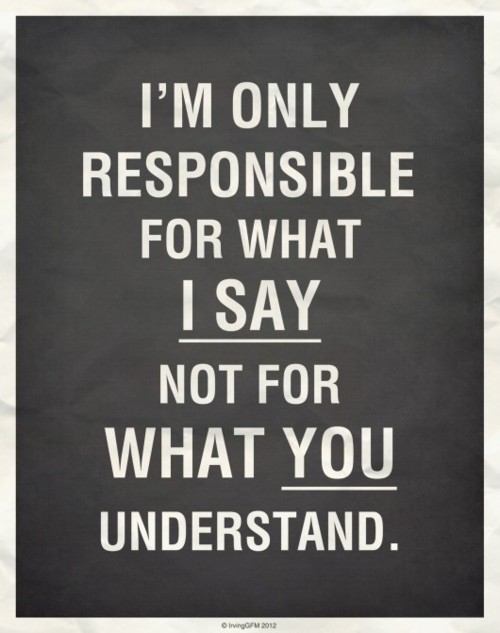Ok, maybe it’s time to reveal the results of the gender experiment that I did in the previous two posts. Apparently, men use different words than women when they write. I used the Gender Genie list of words for this experiment.
The idea was to write a blog post and then convert it into two pieces by using more masculine or more feminine keywords. I wrote a blog post about mass protests assuming that it would be rather feminine, just like all my other posts (even though I could easily turn them into masculine just by changing two or three keywords). I was planning to make the text even more feminine and then convert the same text into a masculine version by eliminating feminine keywords and adding masculine.
To my surprise, the original text appeared to be convincingly masculine! There was no need for adjustments. So, those of you that guessed ‘male’ were absolutely correct! The ‘female’ guessers either didn’t read the text at all or... well, guessed wrong. ;)
Changing a masculine text into feminine was much more difficult than I’d anticipated. I simply could not make my point using feminine keywords. I managed to get the text feminine, but not very convincing. I think it has to do with the fact that I’m not a native English speaker. Both Russian and Dutch are much more direct and when I use the same approach in English it translates into texts more masculine than intended. I wish there was a gender guessing application in Dutch. That’d be fun too.
See for yourself how my texts qualify for one or another gender. Remember to skip the first and the last paragraph when you copy the text for the analysis, though. There’s one more gender guesser here, but it doesn’t reveal the technique behind it.
A creepy find during the walk on the beach:
Tuesday, 8 February 2011
Subscribe to:
Post Comments (Atom)






No comments:
Post a Comment